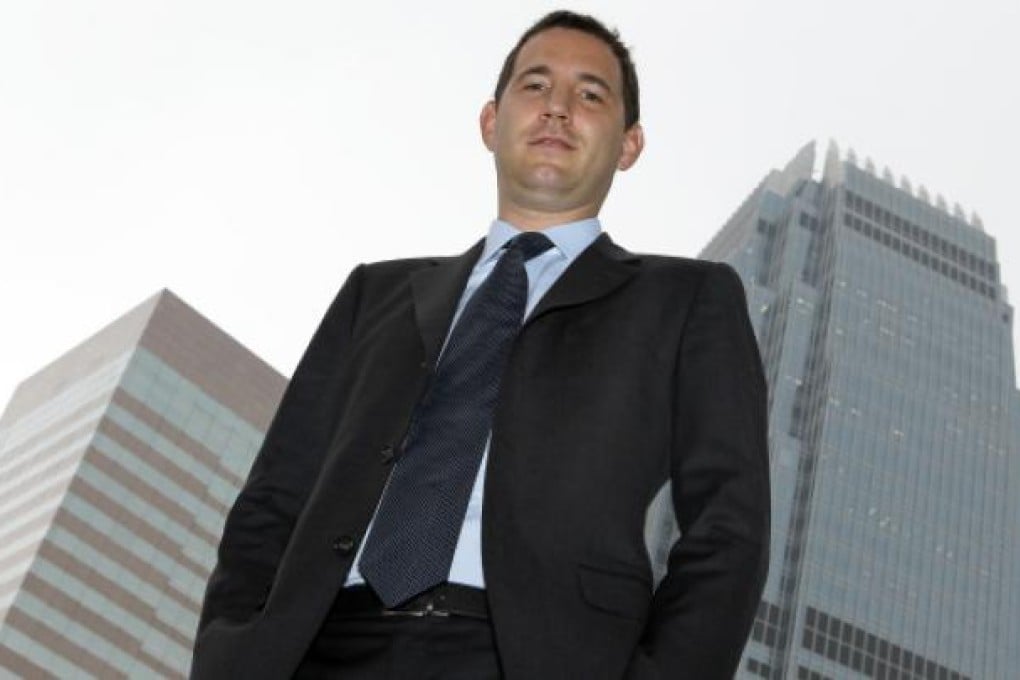Retire with fire
How much do you really need for your pension? Liana Cafolla outlines some base-case scenarios

At some stage in most people's lives, the spectre of how to plan your financial future raises its unwieldy head. Some see a future where financial security is assured thanks to a plethora of well thought out savings and investment strategies and maybe even a golden egg in the shape of a trust fund. For others, the future looks grim, with the cupboards of financial protection looking particularly threadbare.
For those in the latter group, it may be time to turn to sage advice from a financial adviser. But how much help can they offer to a financial novice?
To find out, I devised a fictitious simple personal scenario and asked two reputable financial advisers to take a look at the figures and provide some feedback.
Both were told that I am a 40-year-old sole breadwinner with an income of HK$70,000 per month, and two children aged 12 and 10. My spendings are roughly HK$20,000 per month on rent, HK$10,000 on school fees, HK$14,000 on food and bills, HK$13,000 on entertainment, clothes and transport, leaving HK$13,000 per month for savings or investment.
They were also told that I have no pension plan, no assets and no shareholdings. My priorities are to fund third-level education for my children in Hong Kong and fund my retirement. I plan to work for the next 25 years and retire at 65. I would like to have an income of HK$40,000 per month when I retire to cover my living expenses.
No financial adviser worth trusting will give you worthwhile financial advice without a lengthy face-to-face fact-finding meeting designed to find out about your finances, expenses, plans and aspirations in detail, and both of the advisers interviewed for this article emphasised the importance of that meeting before they would give professional advice.
Paul Pong is a certified financial planner and managing director of Pegasus Fund Managers. David de Lacy Staunton is managing director of the Capstone Financial Group, an independent offshore investment consultancy firm. The company is authorised by the Securities and Futures Commission, Hong Kong's main markets regulator.